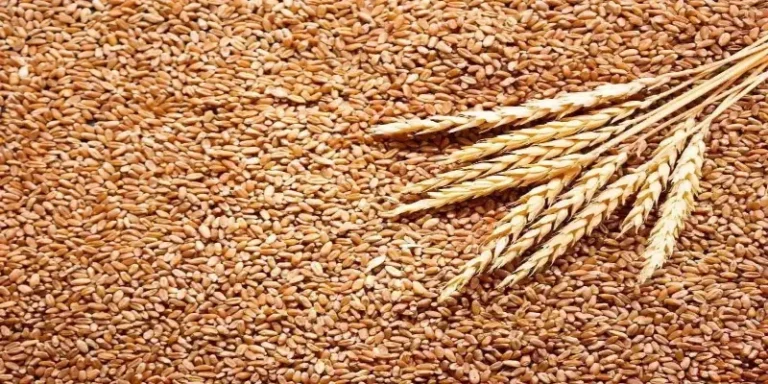Whether you’re a commercial baker, food manufacturer, or a homesteader committed to long-term food storage, sourcing quality wheat in bulk is essential. Wheat is one of the most widely used grains around the world, and when purchased in large quantities, it offers significant savings and convenience. However, not all wholesale grain is created equal. To ensure you’re getting a product that meets your nutritional, quality, and storage needs, it’s important to know where and how to source the best.
- Understand Your Wheat Needs
Before looking for a supplier, it’s critical to determine the type of wheat you need. Wheat comes in different varieties, such as:
- Hard red wheat: High in protein and ideal for bread.
- Soft white wheat: Lower in protein, perfect for pastries and cakes.
- Durum wheat: Used primarily for pasta.
- Hard white wheat: Popular for bread with a lighter color and milder taste.
Knowing your application will help narrow down your search and ensure you buy the right type in bulk.
- Top Places to Buy Quality Wheat in Bulk
- Online Bulk Food Retailers
Online platforms like Azure Standard, Palouse Brand, and Wheat Montana are popular among health-conscious buyers and food storage preppers. These retailers typically offer various wheat types, grown organically or using sustainable practices, and provide details about origin, protein content, and storage recommendations.
Benefits:
- Nationwide shipping
- Transparent sourcing
- Organic and non-GMO options
- Wholesale Grain Suppliers
Companies such as Grain Craft, Bay State Milling, and ADM supply commercial-grade wheat to food producers, bakeries, and distributors. These suppliers typically sell in large quantities—ranging from 50-pound sacks to multiple tons—making them ideal for businesses.
Benefits:
- Competitive pricing for large orders
- Consistent quality control
- Technical support and specification sheets
Note: Some of these suppliers may require you to have a business license or minimum order quantity.
- Local Grain Mills
Regional grain mills are often a hidden gem. Many of them work directly with local farmers and offer freshly milled or whole grain wheat. Buying locally can reduce transportation costs and environmental impact.
Benefits:
- Support local agriculture
- Fresher grain
- Custom milling options
To find local mills, try directories like LocalHarvest.org or inquire at farmers’ markets.
- Agricultural Co-ops and Farm Direct
Buying wheat straight from a farmer or a farming cooperative can be one of the most cost-effective and transparent options. Co-ops often pool resources from multiple farms to offer competitive bulk pricing.
Benefits:
- Direct relationship with growers
- Lower cost per unit
- Insight into farming practices
Challenges may include organizing freight or arranging bulk storage on your end.
- Warehouse Clubs and Bulk Stores
Retail giants like Costco, Sam’s Club, and Bulk Barn occasionally carry large bags of wheat berries or flour. While these may not match the pricing or customization of direct suppliers, they offer an accessible way to buy bulk wheat without long lead times or shipping costs.
- What to Look for in a Quality Bulk Wheat Supplier
When choosing a supplier, here are some key factors to evaluate:
- Purity and cleanliness: Ensure the wheat is free of debris and pests.
- Storage packaging: Look for vacuum-sealed bags, oxygen absorbers, or food-grade buckets.
- Shelf life: Whole wheat berries can last 10–30 years when stored properly.
- Certifications: Consider organic, non-GMO, or kosher certifications depending on your needs.
- Customer support: A reliable supplier should be able to answer questions and provide documentation.
- Storing Bulk Wheat Properly
Once you’ve found a supplier and received your buy wheat in bulk storing it correctly is essential. Use food-grade containers, keep them in a cool, dry place, and consider adding oxygen absorbers to extend shelf life. For those preparing for emergencies or long-term use, mylar bags and sealed buckets are highly recommended.
- Final Thoughts
Sourcing quality wheat in bulk requires a balance of price, purity, and supplier reliability. Whether you’re a small bakery, a food manufacturer, or a household preparing for long-term needs, the best supplier depends on your specific goals and usage. From online retailers to direct-from-farm purchases, there are many reliable options to ensure you never run short of this essential grain.
